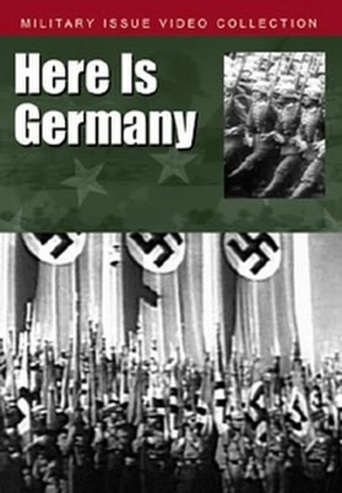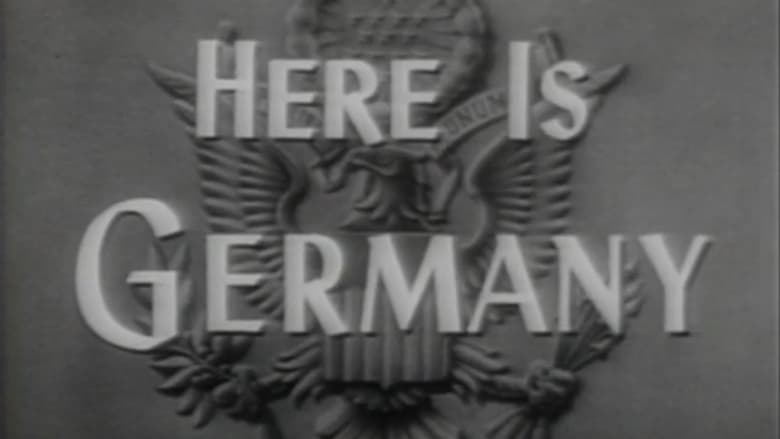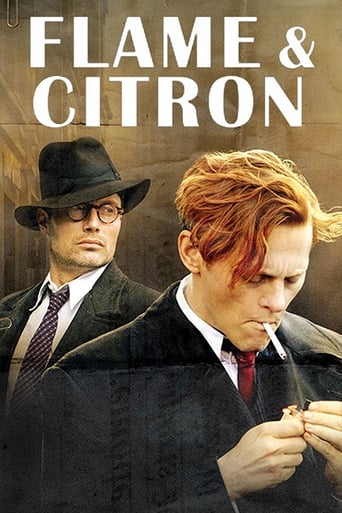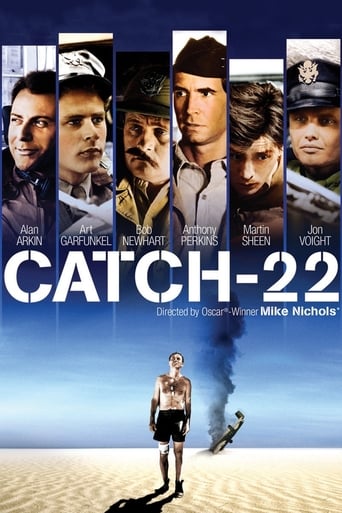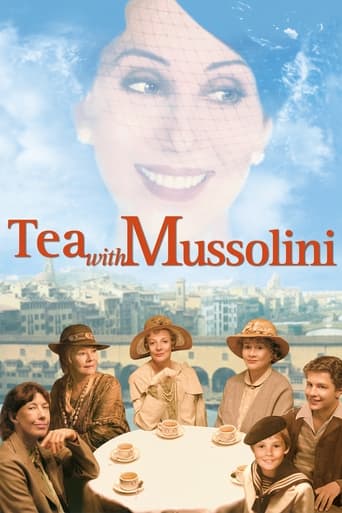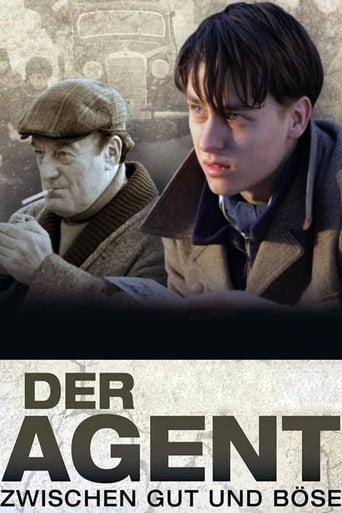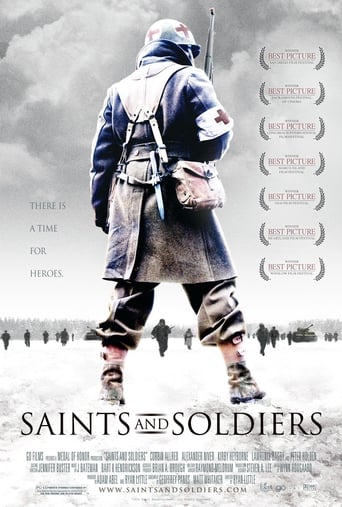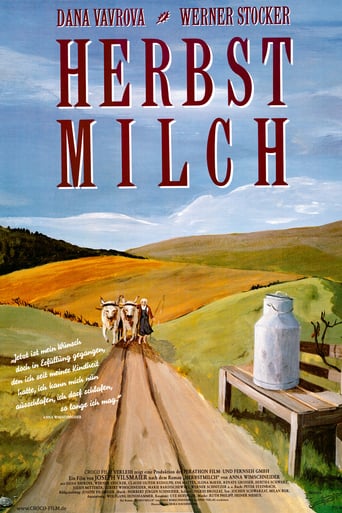Here Is Germany (1945)
A "know-your-enemy" propaganda film similar to "Know Your Enemy: Japan" and "My Japan", films about Japan with the same objective. It contains a history of the prelude to WW II, the death camps and other Nazi war crimes, and commentary on the character of the German people. Directed by Frank Capra, this film is in essentially the same format as his "Why We Fight" series. It was intended to be shown to American troops participating in the invasion and occupation of Germany. But by the time it was ready, events had overtaken it -- Germany was already well on its way to falling -- so the film was shelved. Although it is readily available for public-domain viewing on the Internet, it has never been widely distributed or shown.
Watch Trailer
Cast


Similar titles
Reviews
Simply A Masterpiece
In truth, there is barely enough story here to make a film.
Great movie! If you want to be entertained and have a few good laughs, see this movie. The music is also very good,
Great story, amazing characters, superb action, enthralling cinematography. Yes, this is something I am glad I spent money on.
SO obviously propaganda that I wonder WHAT was wrong with the USA of 1945 to find this appealing. The history is okay, but they fail to mention that in the seven months between the Armistice of 1918 and the Treaty of Versailles, the Allies invaded Germany, thus violating the Armistice. THIS made Germany furious and lust for revenge. What I found fascinating with this was a new twist to the question of "How did Hitler rise to power?" This documentary alludes to it being the industrial powers who wanted their riches to grow and they needed a (poster child) for the people to rally around. They also needed to overthrow the democracy that had arisen around the end of WWI. They saw Hitler as the man to help them get back on their feet. ... I've never heard this angle before, but it makes more sense to me than Any of the propaganda pitches I'd grown up with. The fact that Hitler grew more powerful than the Rich & Powerful may have wanted isn't & doesn't need to be told. Frankly, my personal suspicion is that THEY remained in power After the end of the second world war.
The first few minutes are shockingly repellent, yet necessary viewing. The mountains of corpses in various stages of desiccation and decomposition are, as they say, mute testament to the horrors of war. In this case, they are apparent atrocities committed in the name of the Third Reich. But why not a single mention anywhere of the Nazi's chief victims, the Jews. It might have also been instructive to include gore from the fire-bombing of Dresden or the A-bombing of Nagasaki. But then this is a propaganda film through and through, and I would think an embarrassment to the prestigious names attached to it.The chief propaganda technique is to decontextualize Germany's history, such that its militarist tradition—the movie's chief culprit—looks like it occurred in an historical vacuum. That way such WWII allies as France, Great Britain, and Russia cum Soviet Union, are not implicated in the rise of that tradition. Yet, each of these allies went through their own periods of militaristic expansion in pursuit of empire, as did the US in its steady westward expansion. Can we really blame one wolf for holding its own among the rest of the pack. Contrary to the film, pacifying a militaristic Germany really requires pacifying the entire pack, much as the EU has helped to do.No need to go on with the selective vision of the filmmakers. After all, the production never really saw the light of day, and a good thing for post-war Europe. These comments are not intended as a rationale for Hitler's very real murderous regime. They are intended to insist on an historical context for the rise of German militarism that goes beyond the film's state figureheads and pre-selected terms of the Versailles Treaty. At the same time, it's apparent that Capra and co. are no more above creating state propaganda than are artists from more notorious regimes. Too bad.
The Germans are an industrious, musical, law-abiding, tidy people -- says the narrator in this 1945 documentary by Frank Capra -- so how could they have turned into such monsters? Hitler would have said the Nazi adventures of World War II were an expression of German blood, but the writer tells us the ultimate cause was "tradition" or, as anthropologists would say, culture, not nature. Mention is made of famous German-Americans who escaped the trap of German culture: Admiral Nimitz, Wendell Wilkie, Henry J. Kaiser, and others.Then we get an oversimple but still illuminating history of German militarism over the course of a hundred years or so. Americans don't really know much about international history, not even our politicians. We see footage of actors in costume during the period of Frederick the Great and Bismark, and documentary footage of Kaiser Wilhelm, and Hitler. We hear quotes taken from the writing and speeches of various German leaders, including all the above and von Clausewitz. It's kind of amusing. The quotes themselves are so barbaric that they must have been selected for their outrageousness and were surely taken out of context. Give me a Bible or a copy of Deepak Chopra and I'll select quotes that make each of them seem like tracts promoting Social Darwinism.That initial presentation of the Germans as industrious, tidy, and so forth, establishes an eerie echo of Stephen Ambrose's description of a typical American GI's conception of the foreigners he fought with or through. The Arabs were filthy and disgusting liars. The Italians were phony and pushy. The French were dirty and couldn't be trusted. The British were stolid with no sense of humor. But the Germans were great! They knew how to take orders, they worked hard, they didn't cheat you, and they used toilet paper.There is some particularly brutal footage of the victims of Nazi genocides and executions. Not just the pile of mannequin-like naked bodies we've become used to, but close ups of rotting corpses in Belgium, Italy, and Malmedy. There are a couple of live executions too. I'm not sure everyone would want to watch them.So how does the film identify the heavies in the story? Well, Hitler and his goons, obviously. But the narrator comes very close to describing a military/industrial complex as well. This was about fifteen years before a retiring President Eisenhower warned us of the same tendency in the United States. And it gets positively spooky when the narrator describes the steps Hitler took in gaining absolute power -- destruction of unions, intolerance of dissent, a monopoly of the media, the silencing of scientists unless they agreed with the prevailing ideology, the paranoid notion that Germany was surrounded by hateful enemies, the persecution of communists and minorities. At times it sound positively frightening.But it turns comic when the future of Germany is outlined. No more self rule until they learn their democratic lesson. This time there was no "truce," just "unconditional surrender." Their industry is destroyed. They are a beaten people and must admit it. (Nothing about turning the country into a traditional agrarian state, but almost.) The leaders are now the Allied military. We'll show them. And we DID. I think it was called the Wirtschaftswunder. In fifteen years everyone was driving Volkswagens with Blaupunkt radios.Today, of course, they're the strongest economy in Europe, which isn't saying much, given the state of the global economy in general.
1945, and the Allies won the war. There really was no need to justify it. Even then, most people in Allied countries were patriotic.So a propaganda film served little purpose. Here, Capra tries to demonetize every German instead of the Nazis in charge. Farmers and workers in Germany had no choice, and they couldn't help anyone but themselves, or they would starve. Yet Capra in one minute will say the common German was brutal and purposely aggressive, yet in the next minute admit the common German was being used.He stresses the importance of bullying the common German. That would have made room for another Hitler to use these common Germans again. Capra is full of too many lies to forgive here. He simply doesn't place the blame where it belongs. And in doing so, he makes these common Germans susceptible to the very patriotism and liberty he claims they didn't want, and then claims they did. His hypocrisy is overwhelming.If enough common Germans in 1945 were to see this and have it translated to them, they would have turned into the very sort of freedom fighting guerrillas that armies are terrorized by. Not only poor content, but poor propaganda.

